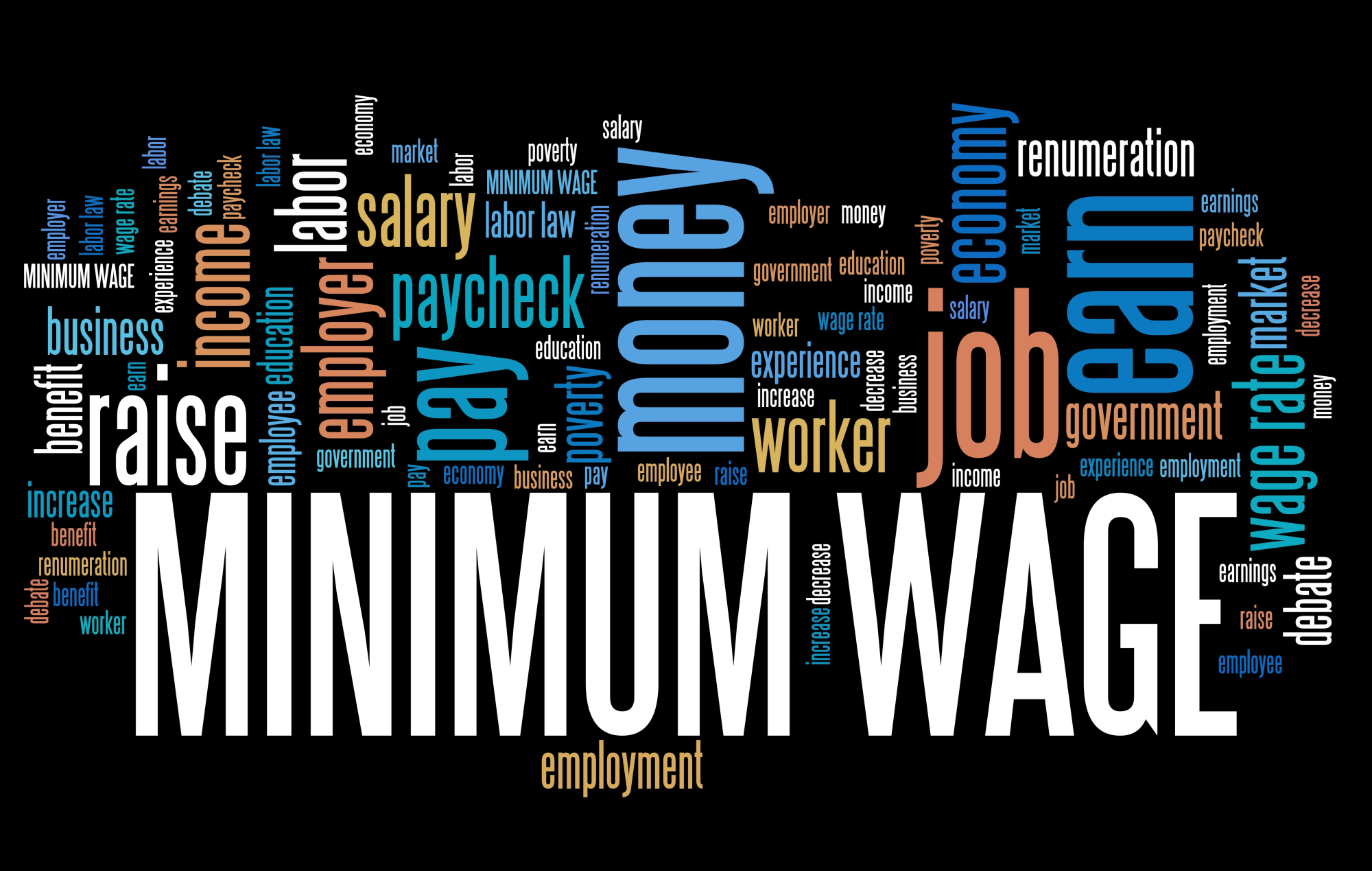Interesting discussions have lately developed in Japan over whether to raise legal minimum wages. In a May session of the government's Council on Economic and Fiscal Policy, a member from the private sector proposed that the minimum wage that an employer is legally required to pay workers be quickly raised to ¥1,000 per hour. The minister of economy, trade and industry, whose jurisdiction covers the nation's small and medium-size companies, expressed his reluctance toward the idea, saying that small businesses are already finding it hard to keep up with the current pace of minimum wage hikes.
Following such discussions, the Central Minimum Wages Council, an advisory panel to the health, labor and welfare minister, decided in late July to raise the guideline for the minimum hourly wage by ¥27 to ¥901 on a national average basis. That was the sharpest hike on record for the minimum wage, which is set in each prefecture, and the level will now top ¥1,000 for the first time in Tokyo and Kanagawa Prefecture.
The idea of the minimum wage is said to have originated in New Zealand. After a large-scale labor dispute involving dockworkers shook the country in 1890, a law on mandatory arbitration was enacted four years later. At the beginning of the 20th century, an Australian court spelled out the concept of the minimum wage, which was later called the basic wage.


















With your current subscription plan you can comment on stories. However, before writing your first comment, please create a display name in the Profile section of your subscriber account page.